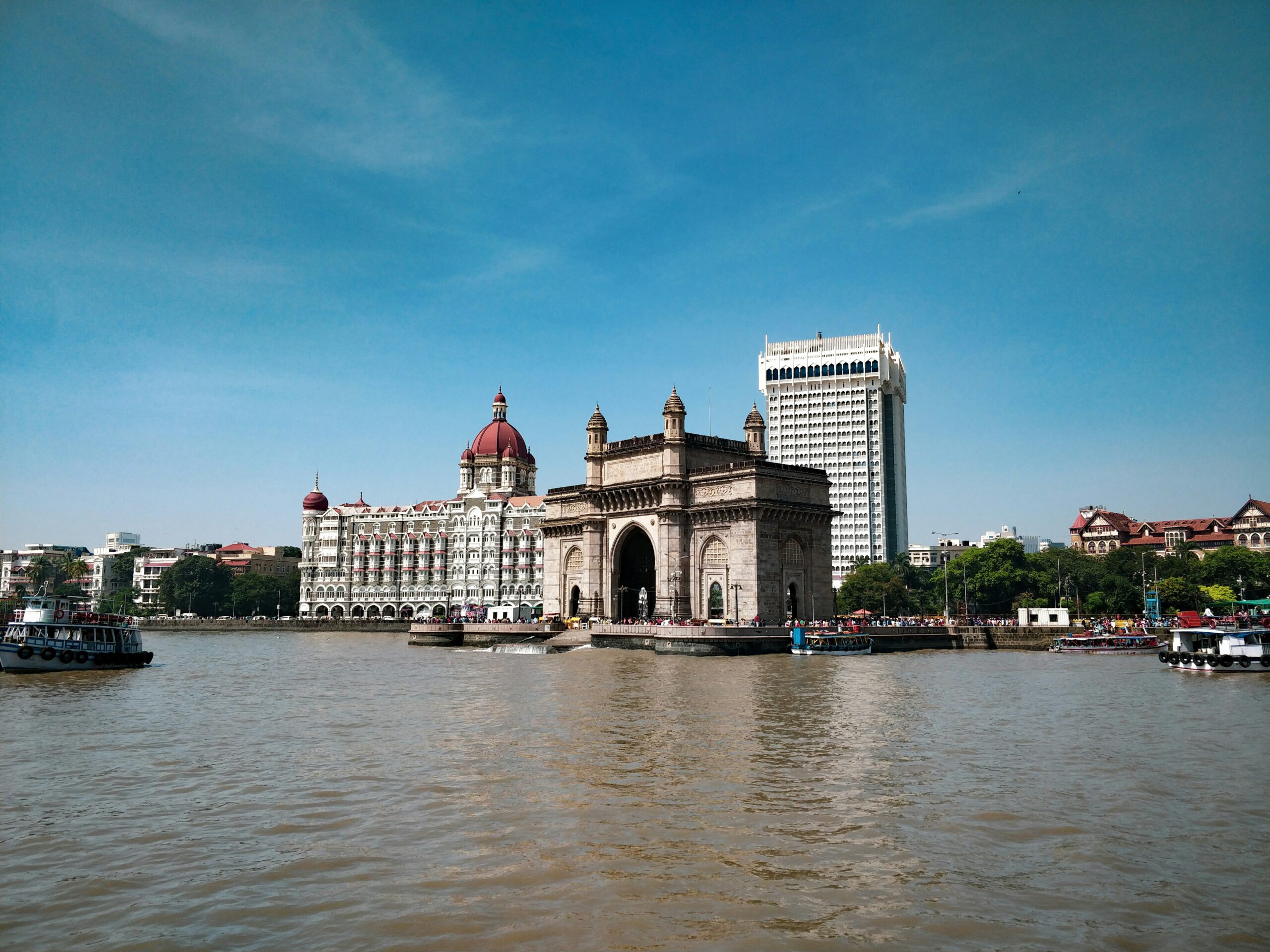When it comes to understanding India’s independence, the story goes far deeper than school textbooks ever revealed. For men who appreciate comprehensive analysis, strategic thinking, and the complex interplay of politics and human nature, independence-themed books offer a fascinating window into how our nation was forged.
These aren’t just historical accounts; they’re studies in leadership under pressure, strategic decision-making in impossible circumstances, and the kind of principled courage that builds nations. Whether you’re drawn to military strategy, political maneuvering, or the economic forces that shaped colonial and post-colonial India, there’s a book here that will challenge your thinking and deepen your understanding.
Why These Books Resonate with Male Readers
Men often gravitate toward stories that explore the mechanics of power, the strategy behind major decisions, and the personal qualities that enable leaders to navigate crisis. India’s independence movement offers all of this in abundance.
From the tactical brilliance of guerrilla resistance to the diplomatic finesse required for peaceful transition of power, these books examine how ordinary individuals developed extraordinary capabilities when faced with historic challenges. They explore not just what happened, but how and why decisions were made, what alternatives were considered, and how different leadership styles shaped outcomes.
For professional men juggling their own leadership challenges, these historical perspectives offer timeless insights into managing conflict, building consensus, and staying true to principles under pressure.
Our Top 5 Recommendations
1. “India’s Struggle for Independence” by Bipan Chandra
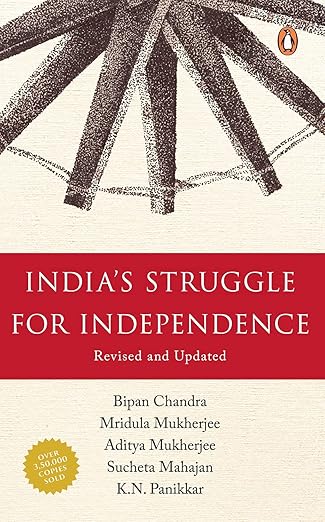
This comprehensive masterwork remains the definitive account of India’s freedom movement from 1857 to 1947. What sets it apart is its analytical depth and balanced perspective on complex political movements that often involved competing visions and strategies.
Chandra doesn’t present independence as a simple good-versus-evil narrative. Instead, he explores the nuanced political calculations, the evolution of strategies over decades, and the way different leaders adapted their approaches as circumstances changed. For men who appreciate thorough analysis and want to understand the full complexity of nation-building, this is essential reading.
Get “India’s Struggle for Independence” →
2. “The Man Who Saved India” by Hindol Sengupta

This gripping biography of Sardar Vallabhbhai Patel reveals the story of India’s “Iron Man,” whose political acumen and determination unified the country post-independence. While others focused on idealism, Patel mastered the practical art of governance and nation-building.
The book examines how Patel navigated the incredibly complex task of integrating over 500 princely states into the new nation. It’s a masterclass in negotiation, strategic thinking, and the kind of tough decision-making that transforms vision into reality. Perfect for readers interested in leadership, administration, and the nuts and bolts of creating a functioning democracy.
Read “The Man Who Saved India” →
3. “An Era of Darkness” by Shashi Tharoor
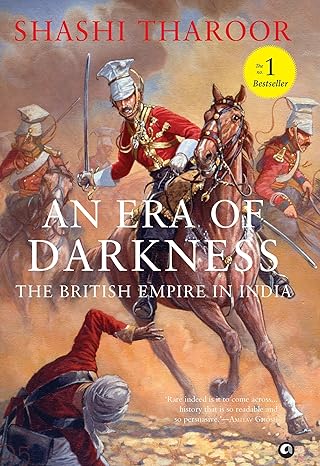
This bestselling analysis dismantles romanticized narratives about British colonial rule and examines the systematic economic exploitation that shaped modern India. Tharoor combines rigorous research with compelling storytelling to reveal the true cost of empire.
What makes this book particularly valuable for male readers is its focus on economic data, policy analysis, and the long-term strategic impact of colonial decisions. It’s not just an emotional critique but a methodical examination of how economic systems can be designed to benefit rulers at the expense of the ruled. Essential reading for understanding the economic challenges independent India inherited.
4. “The Discovery of India” by Jawaharlal Nehru
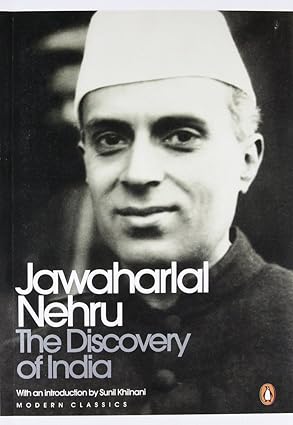
Written during Nehru’s imprisonment between 1942 and 1946, this book blends historical analysis with philosophical reflection on India’s cultural heritage and future potential. It offers unique insights into how one of independence’s key architects understood India’s place in world history.
The book reveals Nehru’s intellectual process as he grappled with questions of identity, modernization, and the challenge of building a secular, democratic nation from incredibly diverse components. For readers interested in political philosophy and the intellectual foundations of modern India, this provides invaluable perspectives from someone who helped shape the nation’s trajectory.
Find “The Discovery of India” →
5. “Why I Am an Atheist and Other Works” by Bhagat Singh
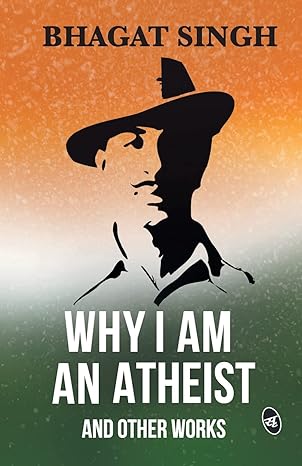
This short but powerful essay reveals the intellectual depth behind one of independence’s most celebrated revolutionaries. Far from being just a man of action, Bhagat Singh was a serious thinker who grappled with fundamental questions about belief, justice, and the nature of existence.
The essay demonstrates how revolutionary commitment can spring from careful reasoning rather than blind emotion. For male readers interested in the intersection of philosophy and action, it offers insights into how principled conviction can fuel extraordinary courage. Despite its brevity, it packs more intellectual punch than many longer works.
Perfect Gifts for Independence Season
These books make thoughtful gifts for the men in your life who appreciate substance over superficiality. They’re ideal for:
Professional colleagues who enjoy political and historical analysis Mentors and leaders looking for fresh perspectives on governance and decision-making Family members who value books that combine education with inspiration Friends seeking meaningful reads that go beyond entertainment
The Lasting Value of Historical Perspective
In an age of rapid change and complex challenges, these books offer something invaluable: perspective. They show how previous generations of leaders navigated seemingly impossible situations, made difficult trade-offs, and built institutions that endure today.
For men facing their own leadership challenges, professional decisions, or questions about principles and pragmatism, these historical examples provide frameworks for thinking through complex problems. They demonstrate that today’s challenges, while unique in their specifics, share fundamental characteristics with the challenges faced by those who built our nation.
Ready to explore more age-appropriate recommendations?
- Best Indian History Books for Pre-Teens (Ages 9-12) →
- Best Indian History Books for Teens (Ages 13-19) →
- Best Indian History Books for Women →
- Best Indian History Books for Older Adults →
Which independence-themed book has most influenced your understanding of leadership or decision-making? Share your thoughts in the comments and help fellow readers discover books that offer both historical insight and practical wisdom.

